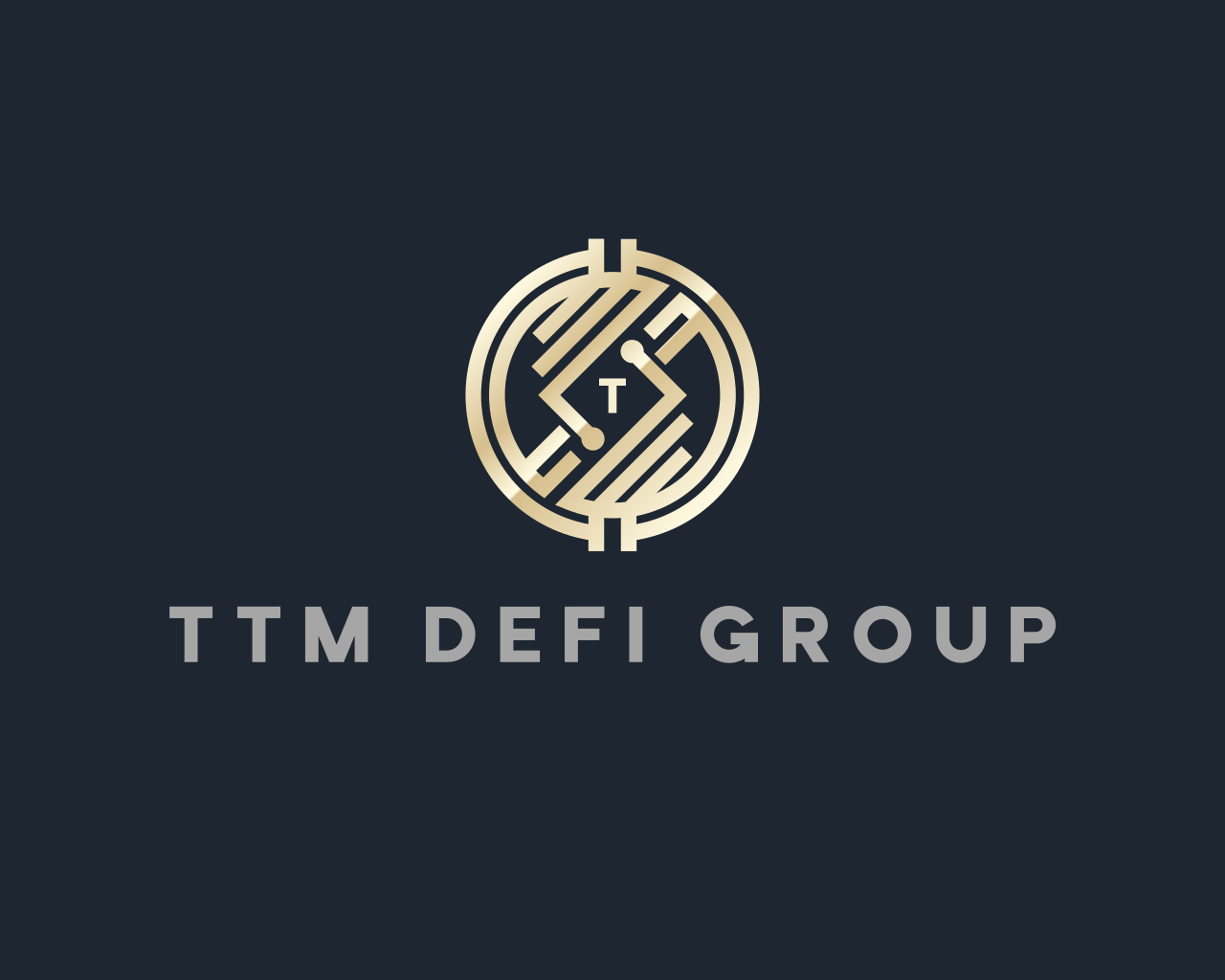
While market volatility captured headlines, 2024 proved to be a watershed year for blockchain technology’s fundamental evolution. Beneath the speculative frenzy, critical infrastructure matured, institutional barriers crumbled, and real-world utility emerged as the dominant narrative. Here are the pivotal advancements that reshaped the landscape:
1. Institutional On-Ramp: The ETF Revolution
The January approval of U.S. spot Bitcoin ETFs marked a historic turning point. Giants like BlackRock, Fidelity, and Ark mobilized billions in traditional capital, transforming Bitcoin into a mainstream institutional asset class. This influx didn’t just boost prices – it shattered long-standing skepticism and forced legacy finance to engage seriously with digital assets. The “crypto as scam” narrative suffered a decisive blow.
2. Ethereum Scaling Breakthrough: The Blob Era Begins (EIP-4844)
Years of promises culminated in March 2024 with the successful deployment of EIP-4844 (Proto-Danksharding). By introducing dedicated data storage (“blobs”) for Layer 2 networks, Ethereum slashed L2 transaction fees by 10-100x. Chains like Arbitrum, Optimism, and Coinbase’s Base saw unprecedented user adoption and application growth, proving rollups are the scalable foundation for mass-market Web3 experiences. Mainnet gas wars began fading into history.
3. Restaking & The EigenLayer Ecosystem Explosion
EigenLayer didn’t just launch; it ignited a fundamental shift in cryptoeconomic design. Restaking allowed Ethereum validators to simultaneously secure new applications (AVSs – Actively Validated Services) using their staked ETH. This created a powerful flywheel:
– New projects (rollups, oracles, data availability layers) instantly inherited Ethereum-grade security.
– Stakers earned significant additional yield.
– Ethereum’s economic security became a valuable, exportable commodity.
Billions in ETH flowed into EigenLayer, demonstrating the power of programmable trust and creating one of crypto’s fastest-growing ecosystems.
4. Real-World Assets (RWAs) Enter Production
Tokenization moved decisively beyond theory. Ondo Finance’s tokenized U.S. Treasuries (OUSDY) and BlackRock’s BUIDL fund on Ethereum were landmark events. The implications are profound:
– Institutional Bridge: TradFi institutions engage with blockchain using familiar assets.
– Global Yield Access: Anyone, anywhere can tap into previously inaccessible yields (e.g., U.S. T-bills).
– Enhanced Collateral: High-quality RWAs back stablecoins and DeFi lending, bringing trillions in traditional value on-chain.
5. AI x Crypto: From Concept to Critical Infrastructure
The convergence accelerated beyond speculation:
– Decentralized Compute: Networks like io.net and Render boomed, challenging AWS/Google Cloud for AI/ML workloads.
– Verifiable AI: Projects like Bittensor (decentralized intelligence) and ZK-proof systems for AI inference/output gained traction, tackling deepfakes and trust.
– AI Agents: Early experiments saw AI autonomously managing DeFi positions and on-chain interactions, signaling a future of programmable economic agents.
6. Regulatory Frameworks Take Shape (Selectively)
While U.S. regulation remained contentious, Europe’s MiCA (Markets in Crypto-Assets framework went live, providing clear rules for exchanges and stablecoins in the EU. Hong Kong solidified its pro-innovation stance. The message: Global regulatory clarity is advancing, forcing compliance and maturity.
The Silent Revolution: Usability Wins
Crucially, 2024 saw relentless focus on user experience:
– Account Abstraction (ERC-4337) enabled gasless tx, social recovery wallets & subscriptions.
– Intent-Based Architectures (e.g., Anoma, Uniswap v4 hooks) let users declare what they want, not how to do it.
– Fiat Onramps became smoother and cheaper globally.
2025 and Beyond: Building on Foundations
The 2024 bull run will be remembered not just for prices, but for delivering essential infrastructure:
– Scalability solutions are operational and scaling.
– Institutional adoption is now structural.
– New cryptoeconomic models (like restaking) are unlocking utility.
– Convergence with AI and TradFi is accelerating.

